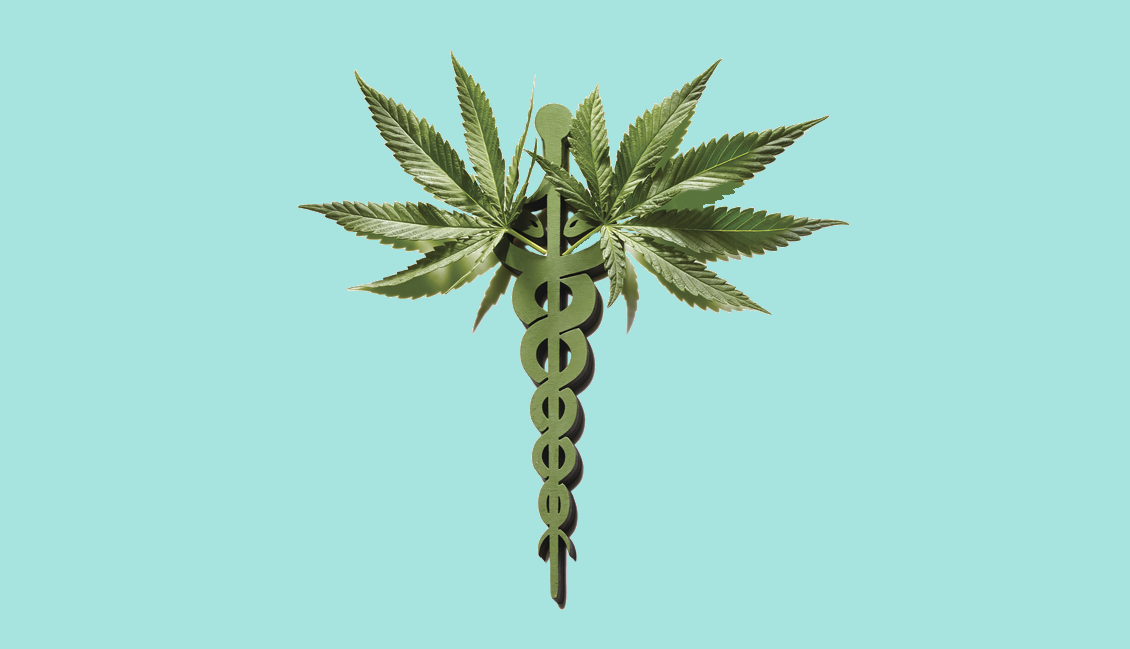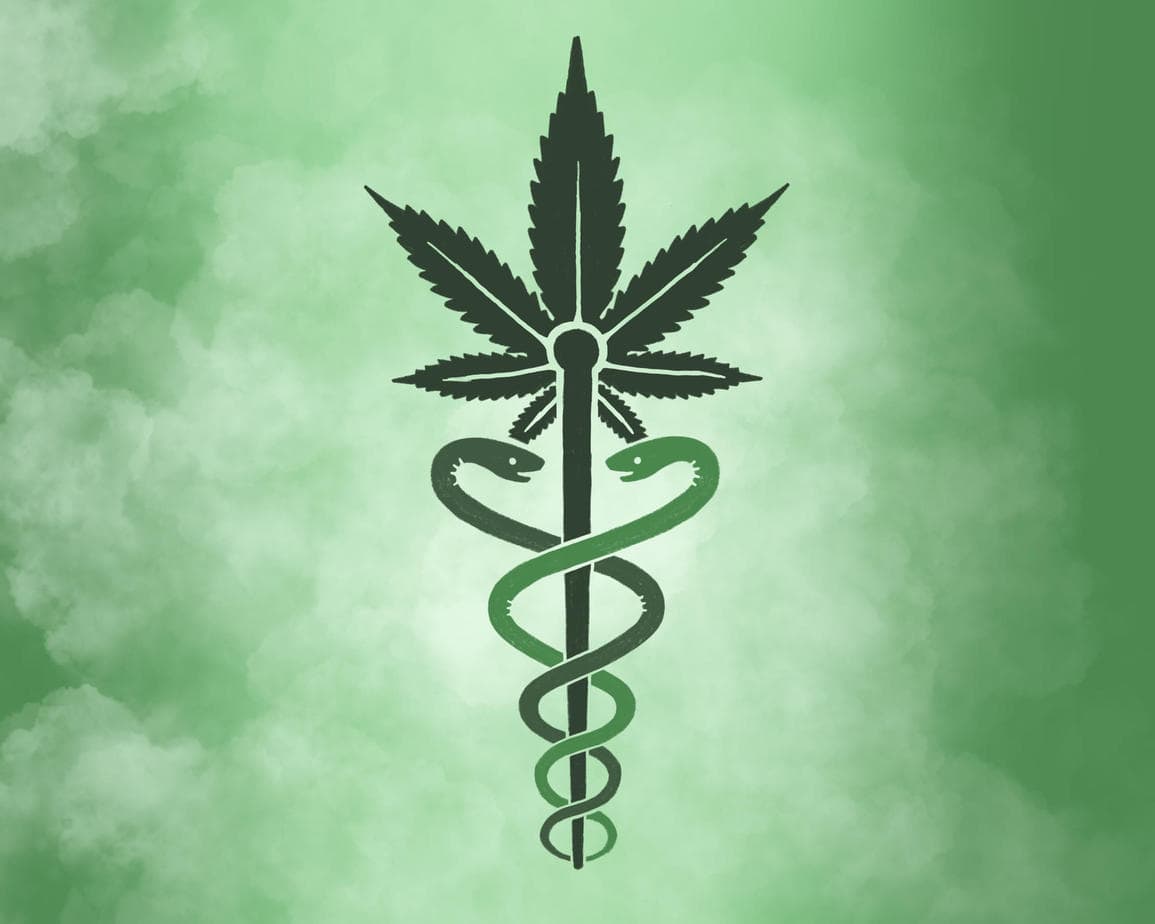Locate the Leading Medical Marijuana Clinic Clinton MS for Your Requirements
Locate the Leading Medical Marijuana Clinic Clinton MS for Your Requirements
Blog Article
Shedding Light on What Medical Cannabis Can Treat: a Thorough Evaluation of Its Healing Residences
In recent years, there has been an expanding interest in the healing capacity of medical marijuana. While anecdotal proof is plentiful, a thorough exam of the clinical data concerning the effectiveness of medical cannabis in dealing with these problems is warranted.
Chronic Pain Management
Persistent pain monitoring remains an essential facet of healthcare, requiring a detailed strategy for effective treatment. Over the last few years, clinical marijuana has arised as a prospective therapeutic option for people struggling with chronic discomfort conditions. The endocannabinoid system, which plays a vital role suffering inflection, has actually been targeted by cannabis-based treatments to improve and relieve signs lifestyle for people.

Moreover, clinical marijuana provides a promising option for people that experience intolerable negative effects from traditional pain medications. Its capability to address discomfort through a different device makes it an important addition to the arsenal of therapies offered for chronic discomfort monitoring.
Epilepsy Therapy Prospective
Medical cannabis has shown appealing potential in the treatment of epilepsy, providing an unique therapeutic approach for taking care of seizures in clients. Epilepsy is a neurological disorder defined by recurrent seizures, influencing individuals of every ages. Standard treatments for epilepsy consist of antiepileptic medicines, yet these drugs may not be effective for all people and can have significant side effects.
Research on using clinical marijuana for epilepsy has exposed motivating outcomes. Cannabidiol (CBD), a non-psychoactive substance found in marijuana, has actually been specifically highlighted for its anticonvulsant residential properties. Studies have actually revealed that CBD can reduce the frequency and severity of seizures in clients with treatment-resistant kinds of epilepsy, such as Dravet disorder and Lennox-Gastaut syndrome.
In Addition, the FDA has actually authorized a CBD-based medication, Epidiolex, for the treatment of seizures linked with these extreme kinds of epilepsy. This turning point highlights the expanding recognition of medical cannabis as a beneficial restorative option for managing epilepsy and gives hope for patients that have not reacted well to standard treatments.
Nausea Relief Conveniences
The reduction of nausea through making use of marijuana has actually been progressively recognized for its therapeutic advantages in various medical conditions. Queasiness and vomiting are common signs and symptoms experienced by individuals undertaking chemotherapy, those with food poisonings, and individuals with chronic discomfort conditions. Clinical cannabis, with its active compounds such as THC and CBD, has shown assurance in supplying alleviation from nausea.

Furthermore, clinical marijuana uses a natural alternative for individuals that do not react well to traditional anti-nausea medications or that experience severe negative effects from these medications. People undergoing chemotherapy, particularly, have actually reported substantial renovations in their lifestyle when utilizing cannabis to take care of queasiness. As research study in this area remains to expand, medical marijuana is significantly being taken into consideration as a beneficial choice for queasiness relief in numerous clinical settings.
Anxiety Decrease Results
Researches have demonstrated the potential of marijuana additional resources in decreasing stress and anxiety signs and symptoms with its communication with the endocannabinoid system. The endocannabinoid system plays a vital role in managing feelings, consisting of anxiety, by keeping homeostasis in the body. Cannabinoids in marijuana, such as THC and CBD, connect with the endocannabinoid receptors in the mind, particularly the CB1 and CB2 receptors, to regulate anxiety-related responses.

Patients with conditions like generalized anxiousness condition (GAD), social stress and anxiety problem, and post-traumatic stress disorder (PTSD) may benefit from the anxiolytic residential properties of cannabis (Medical Marijuana Clinic Clinton MS). Further research study is needed to identify optimum dosages, distribution approaches, and lasting impacts on anxiety management.
Potential for Swelling Control
With its well-known anti-inflammatory buildings, marijuana has actually revealed promise in potentially regulating inflammation within the body. Inflammation is the body's natural action to injury or infection, however when it becomes persistent, it can add to various diseases such as arthritis, inflammatory bowel illness, and even heart condition. Research study recommends that the cannabinoids located in cannabis, such as THC and CBD, can help decrease and control the immune action inflammation.
Research studies have shown that marijuana can interact with the endocannabinoid system, which plays a crucial role in controling inflammation. By targeting the cannabinoid receptors, marijuana substances can regulate the immune action, leading to a decrease in inflammation levels. This makes marijuana a possible prospect for handling inflammatory conditions where standard treatments have failed.
In addition, cannabis-derived items like CBD oil have actually gotten popularity for their anti-inflammatory residential properties, with several individuals Bonuses using them as a natural treatment for problems related to inflammation. While even more research study is required to totally understand the mechanisms behind marijuana's anti-inflammatory impacts, current findings reveal appealing results for the possible usage of clinical marijuana in regulating inflammation.
Final Thought
Finally, clinical marijuana has revealed encouraging restorative properties in handling chronic discomfort, treating epilepsy, eliminating nausea or vomiting, reducing anxiety, and regulating swelling. Its potential benefits in numerous clinical conditions highlight the importance of further research study and expedition into its medicinal use. The evidence recommends that clinical marijuana might be an important choice treatment option for patients looking for alleviation from a variety of signs and symptoms and problems.
In recent years, clinical marijuana has arised as a potential therapeutic alternative for people enduring from persistent pain problems.Medical marijuana has shown appealing possibility in the therapy of epilepsy, providing an unique therapeutic strategy for managing seizures in people. As research in this location proceeds to grow, medical marijuana is progressively being sites taken into consideration as a valuable alternative for nausea alleviation in different clinical setups.
In conclusion, clinical marijuana has shown appealing healing residential properties in managing chronic pain, treating epilepsy, alleviating nausea or vomiting, decreasing anxiety, and controlling inflammation. The evidence suggests that clinical marijuana might be a useful option treatment option for patients seeking alleviation from a variety of conditions and symptoms.
Report this page